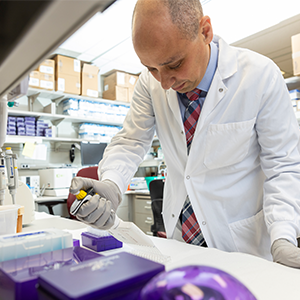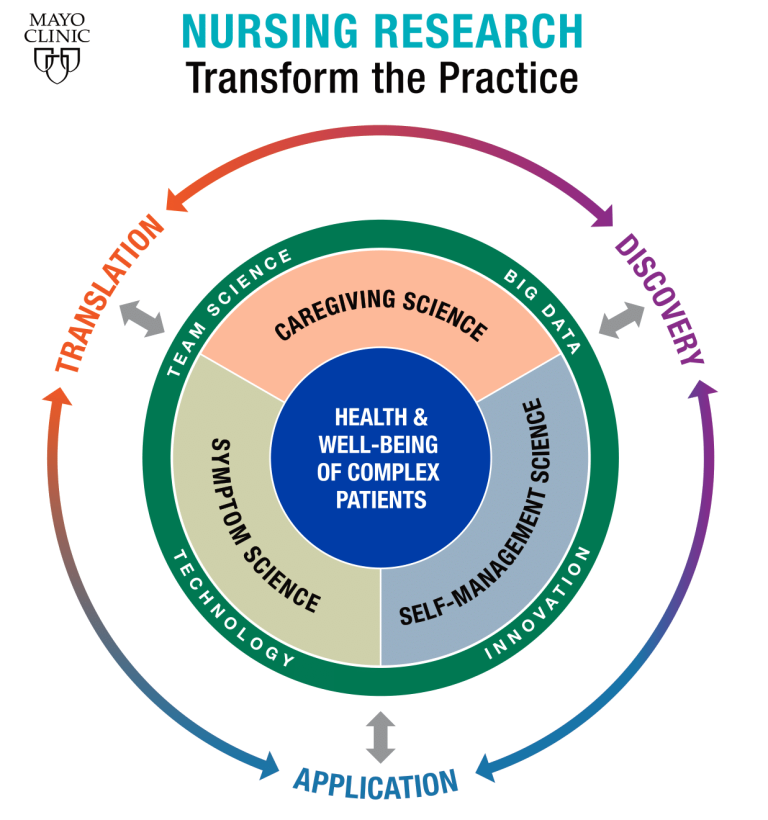-
Know your family history for your future health
Take advantage of upcoming holiday gatherings to find out what medical conditions and traits are common among your family members. Having access to this vital information may reveal the history of disease in your family and allow you to identify genetic patterns that might be relevant to your own health. The Office of the Surgeon General declared Thanksgiving as National Family History Day to encourage families to share information about family medical issues that may inherited or passed down through genetics.
Jessica Jackson, a genetic counselor at Mayo Clinic, explains how your physician can use your family history to individualize your care.
“Your family history can help determine if you need screening tests or monitoring for a particular condition,” says Jackson. “For example, if you or one or more of your family members has had heart disease, your physician may want to monitor your cholesterol and heart function more frequently, and ensure that you make necessary changes in your lifestyle or diet to prevent the condition.”
Join in a Mayo Clinic Facebook Live event, Family History and You, on Friday, Nov. 18, at 11 a.m. EST. This event will be shared on the Mayo Clinic Center for Individualized Medicine Facebook page.
Create your family medical tree
Family history should be gathered for three or four generations on both sides. Include information about your children, siblings, parents, aunts, uncles and grandparents.
Ask family members about:
- History of diseases, such as heart disease, diabetes, high blood pressure, depression, anxiety, and cancer (specify type of cancer)
- History of inherited conditionsm such as hemophilia, cystic fibrosis and sickle cell anemia
- Cause and age of death
- Birth defects
- Family’s ethnic background (Some conditions, such as diabetes, can be prevalent in certain ethnic groups.)
Read more at the blog post: "Know the facts: Learn your family medical history to improve your health"








